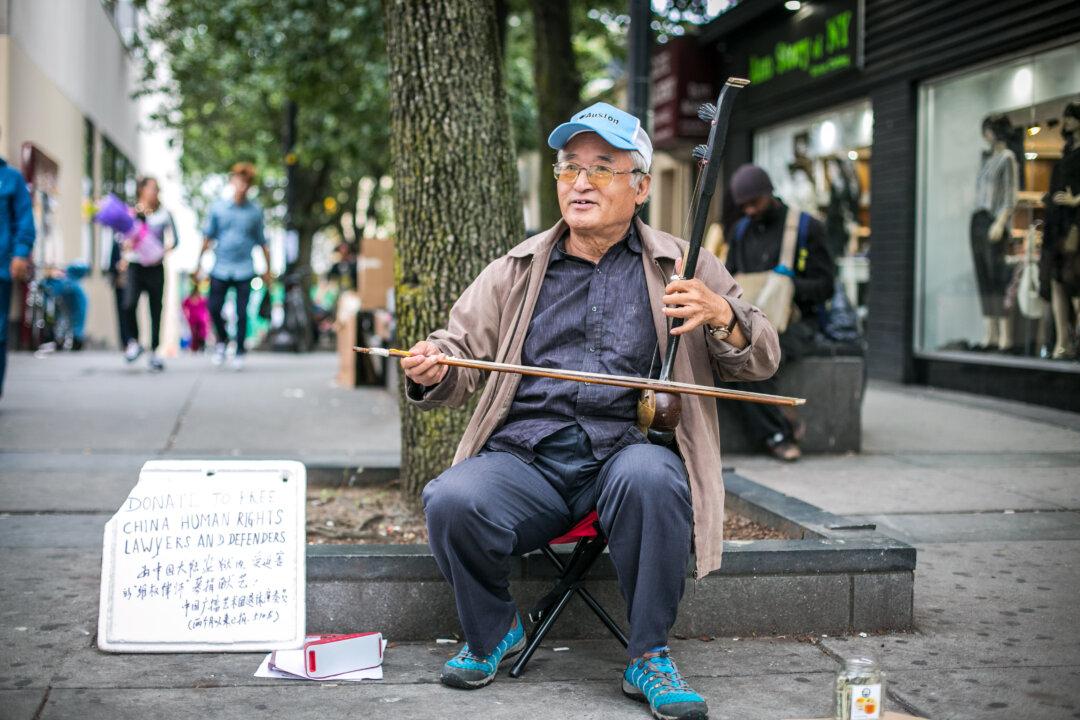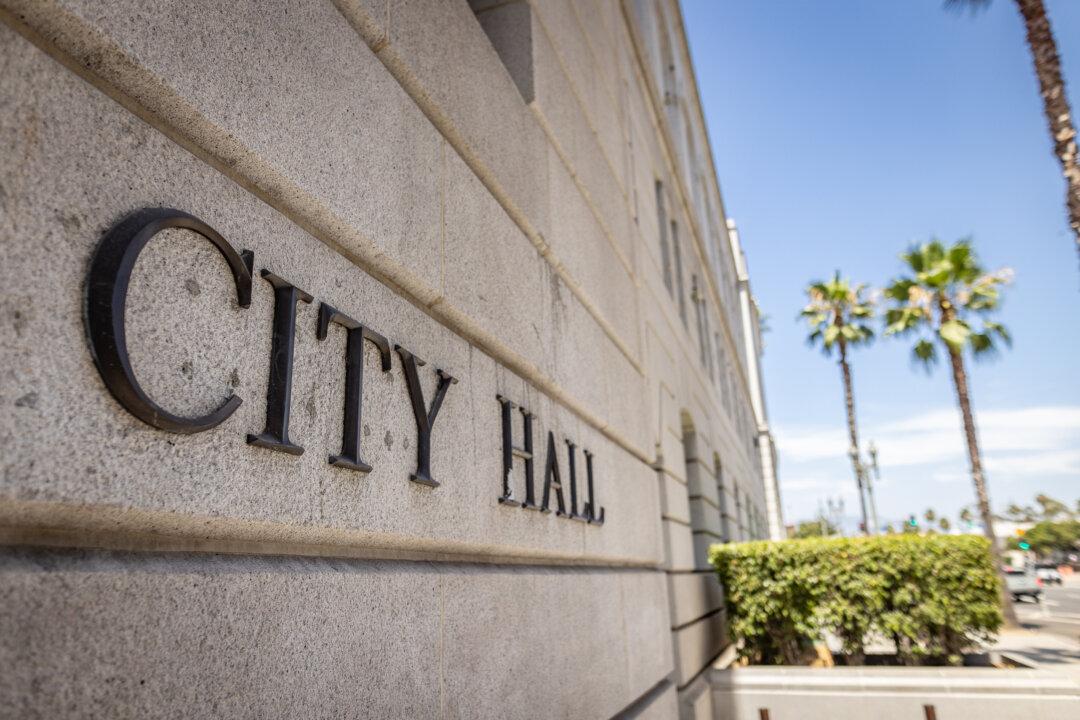United States President-elect Donald Trump has voiced sharp words for the Chinese regime when it comes to currency manipulation, a large trade deficit, and subsidizing exports, but he has said very little regarding human rights in China.
“It’s not something that Mr. Trump has spoken aggressively [about],” said Greg Autry, a USC Marshall School of Business assistant professor, in an interview with Epoch Times, on Monday, Nov. 21.




